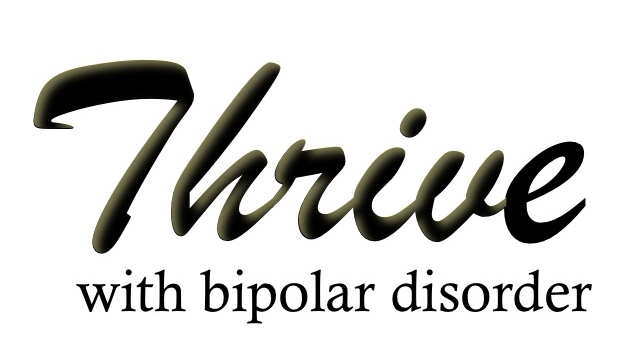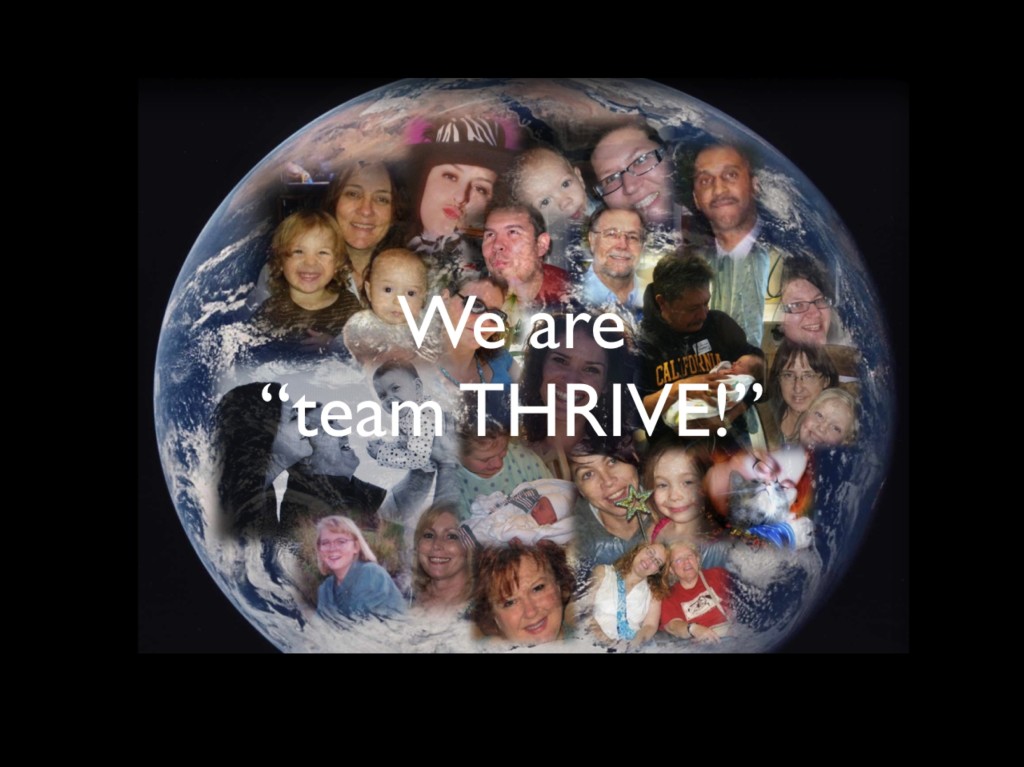
Simplifying Mental Illness: strategies to better control thoughts
Mental illness confuses and distorts our ability to think, feel and respond to present circumstances.
Thinking is distorted and confused through the process of ruminating thoughts, intense thoughts, rapid thoughts and thoughts getting jumbled or lost.
Distorted and confused thoughts often and easily lead to feelings and responses that are impulsive, irrational and unpredictable.
So the question I am often asked is, “Where do you intervene?”
Once you’ve already responded to confused and distorted thoughts, you’re in the zone of clean-up work. Often times, you’re cleaning up the mess you’ve made with your actions. So this is not the most efficient time to intervene, but it is often where people do their intervention work either on their own or in therapy.
I believe the best place to intervene is with the thought and feeling. In fact, I try to intervene in the space that exists between having the thought and responding to it with more thoughts.
By no means is it easy to do. Its achievable a small percentage for people on their own. It is much more doable with the support of a coach and community.
Here’s a common example that people go through on a daily basis:
“Does __insert person’s name __ like what I just said?”
Instantly our mind goes to work to answer this question. If it does not have an immediate answer based on a person’s response, our minds create an entire world of assumptions.
The process of trying to figure out something without having enough information can go on for days or longer.
The key to saving ourselves from this stress is to immediately answer the original question with an answer that does not allow our imaginations to run wild with assumptions.
My favorite answer to this question is, “I don’t know.”
The words “I don’t know.” immediately stop the imagination in its tracks and prevent assumptions from being made. My mind can’t run wild when I use these three words. Instead I pause. I don’t have a strong emotional response. I don’t have feelings of judgment or rejection or fear or joy. I am in a state of peace and quiet within myself when I use these three words.
From the state of peace, I am then able to ask myself:
1.) How important is it to me and our relationship to know?
If it is truly important then I will simply ask the person or people involved in order to get clarity.
2.) If I’m uncomfortable asking someone straightforwardly, I ask myself: “What evidence supports my need being met?”
This actually gives me the opportunity to explore what my need is and all the ways my need was met, versus feeding into my fears.
3.) “With what I know, how do I choose to respond?”
This question empowers me. I get to choose to stay the course or go in a completely new direction.
The words “I don’t know.” are a pause that lasts long enough to prevent myself from having confused or distorted thoughts. It lets me pause long enough to not have an immediate emotional response. I get to pause before I make assumptions.
In my opinion, this is the most effective way to intervene when living with mental illness.



